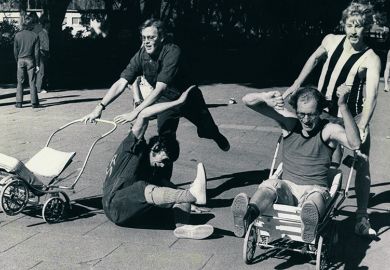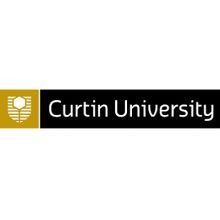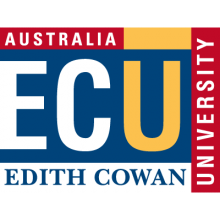The co-opting of corporate heavyweights onto university governing councils constitutes a “circular system of patronage” that perpetuates the underpayment of staff and the overpayment of bosses, according to Australia’s academic union.
A National Tertiary Education Union (NTEU) inventory of 545 council positions at 37 universities has found that people from big business occupy up to half the posts, with some governing councils harbouring more executives from finance or mining than current academic practitioners.
The NTEU says more than two-thirds of councillors are appointed rather than elected, with the “vast majority” of appointed positions going to people “co-opted” by councils’ current members. The newcomers “then participate in appointing future members”, leading to “a staggering number of public university council positions being occupied by the private for-profit sector”.
The report is being released ahead of a meeting of federal, state and territory education ministers. NTEU president Alison Barnes said university governance reforms should be “a top priority” at the meeting. “We’re seeing the very worst traits of big business infecting our public universities,” she said.
On the urging of the Australian Universities Accord panel, the federal government last year vowed to work with other jurisdictions to improve university governance by “ensuring additional involvement of people with expertise in the business of universities”. Dr Barnes said governments must respond to the accord with major changes to governance. “It’s little surprise the rise of big business appointees on university boards has coincided with an explosion in insecure work, wage theft and poor governance.”
The NTEU tallied 143 governing body members from the corporate world, compared to 137 elected staff, students and graduates. Western Australia’s Curtin University had three current and former mining executives on its council, outnumbering the elected staff.
A Curtin spokesman pointed out that the governing body also included four elected students and graduates. He said council members had expertise in areas including academia, accounting, resources, law, international affairs, chemistry, physiotherapy, mental health and domestic violence support.
“This balanced composition makes Curtin’s council very well placed to make the best possible decisions for the sustained success of the university, our staff and our students,” the spokesman said.
The NTEU analysis identified about 30 consultants on university governing bodies, including more than a dozen from the so-called big four accountancy firms Deloitte, Ernst & Young, KPMG and PricewaterhouseCoopers (PwC). Last year all four companies were embroiled in a major Australian scandal after senior PwC partners were found to have leaked confidential government information to help their corporate customers minimise tax.
The “proliferation of consultants” on university governing councils was particularly “concerning”, the NTEU report says, citing a Sydney Morning Herald report that 10 universities had outlaid at least A$249 million (£130 million) on consultants in 2022.
The analysis found that Edith Cowan and Western Sydney universities and the University of Wollongong each had three current or former consultants on their governing bodies of between 15 and 18 people.
The report recommends transparent appointment processes for university council members, with minimum benchmarks for elected staff and students and most appointees members required to have public sector experience.
The NTEU study found that 27 per cent of council members had corporate backgrounds. A 2019 Times Higher Education analysis put the figure at 34 per cent.
Register to continue
Why register?
- Registration is free and only takes a moment
- Once registered, you can read 3 articles a month
- Sign up for our newsletter
Subscribe
Or subscribe for unlimited access to:
- Unlimited access to news, views, insights & reviews
- Digital editions
- Digital access to THE’s university and college rankings analysis
Already registered or a current subscriber?












